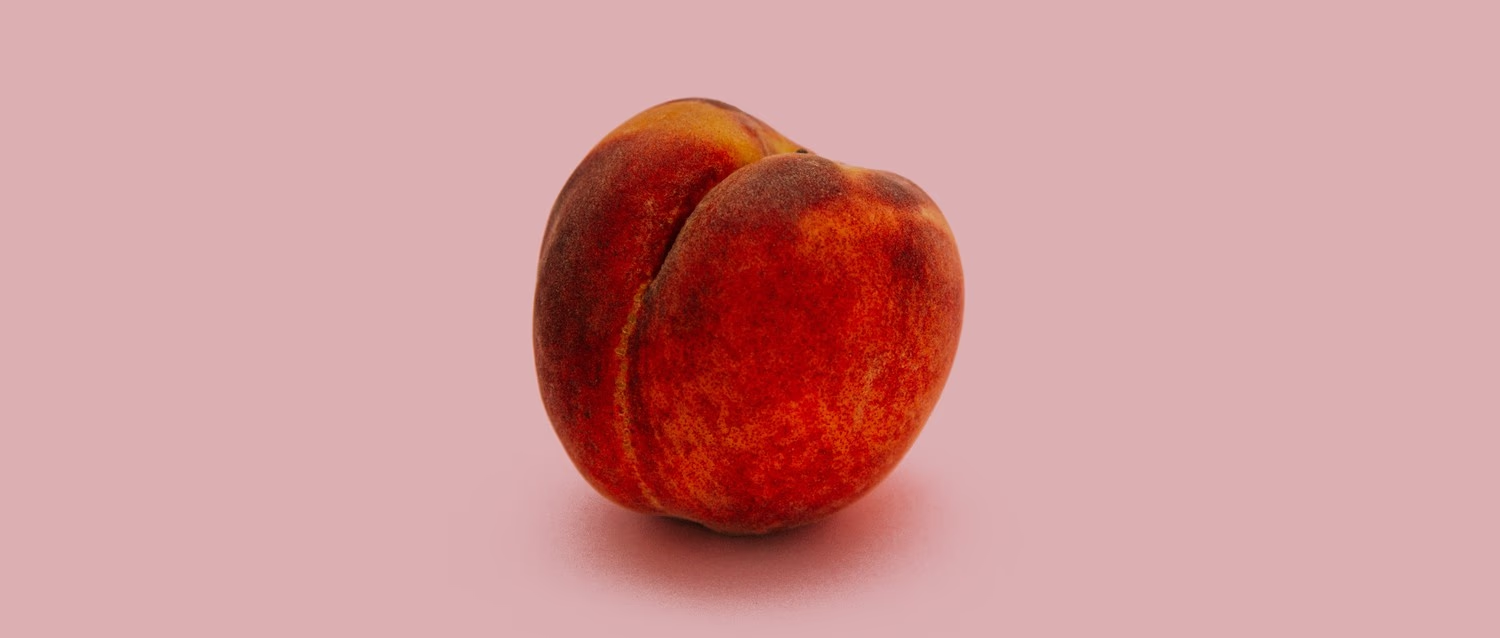
Why some people bruise so easily
Peer reviewed by Dr Sarah Jarvis MBE, FRCGPLast updated by Julian TurnerLast updated 2 Aug 2018
Bruises are a natural consequence of minor injuries. However, some people are more susceptible than others and bruising can be indicative of a more serious underlying medical condition. We ask a GP for their advice.
In this article:
From the first inoculation to the inevitable fall from the playground swing, bruising informs our lives from an early age, a visible and painful reminder of the consequences of our - and others' - actions.
A bruise, or contusion, appears when an injury causes tiny blood vessels called capillaries to burst and a small pool of blood is trapped below the skin.
Limit the bleeding by cooling the area with a cold compress such as a flannel or cloth soaked in cold water, or by holding an ice pack wrapped in a towel over the area for at least ten minutes.
Over-the-counter painkillers such as paracetamol or ibuprofen can help relieve the pain - although, ironically, blood-thinning anti-inflammatories such as ibuprofen can actually cause bruising in some patients.
After a day or two, the colour of the bruise changes to purple, blue or black, then green or yellow, and finally brownish yellow or light brown. In roughly two weeks, it should be healed and disappear altogether.
Continue reading below
Why some people are more susceptible
So far, so prosaic. However, beyond everyday bumps, bruising may also indicative of other medical conditions - some benign, some more serious - and certain people are particularly susceptible.
It's quite common for certain patients, especially women and the elderly, to bruise easily, but worry not; this doesn't necessarily mean they are symptomatic of a more serious underlying problem.
Bruising may appear after intense exercise - for example, during or after heavy drinking, or as a result of sun damage, particularly on the backs of hands. In older patients, the skin becomes thinner and loses some of its protective fatty layer that helps cushion blood vessels from injury.
Bruises can also be caused by medications such as blood thinners and aspirin, both of which limit the ability of the blood to clot, resulting in more, often larger, contusions. Similarly, steroids cause your skin to thin, meaning blood vessels have less protection, and are more likely to break and bleed.
GP Dr Clare Morrison recommends checking your diet or taking a multivitamin, as a deficiency of certain vitamins - notably vitamins C, K and B12, as well as folic acid - may also be to blame.
In extreme cases, chronic vitamin C deficiency can cause scurvy. Long associated with the vegetable and fruit-starved diets of ancient pirates, surprisingly the disease still exists today.
In February of this year, a 39-year-old woman in the USA was (eventually) diagnosed with the disease. Bruising that refused to go away was the most salient symptom.
When should I worry about bruising?
Relatively rare, inherited clotting disorders such as haemophilia or von Willlebrand's disease can also cause easy bruising from a young age.
Sufferers may experience excessive bleeding from small cuts, bleeding gums, nosebleeds and, in women, heavy periods, and may have relatives who are similarly affected.
"Sometimes the body doesn't produce enough platelets in the blood, known as thrombocytopenia," adds Morrison. "This can happen temporarily after a viral illness, with certain medications or during pregnancy. Occasionally, it is more serious and may require medical treatment."
Rare conditions such as Cushing's syndrome can also cause easy bruising due to an excess of the natural steroid cortisol in the body. Produced in the adrenal glands, the hormone regulates blood pressure and the cardiovascular system, converts nutrients into energy and plays a key role in your body's response to stress.
"In addition to easy bruising, Cushing's syndrome causes a round face, excessive fat around the abdomen and high blood pressure," notes Morrison.
Continue reading below
Bruising and cancer
On the darker side of the spectrum, cancers such as lymphoma or leukaemia (cancer of the blood), can cause easy bruising, in addition to tiredness, breathlessness, increased sweating and susceptibility to infections.
The latter reduces the body's platelet count, making clotting more difficult.
"People with leukemia may bleed from their gums or noses, or may find blood in their stool or urine," according to US medical centre the Cleveland Clinic. "Bruises may develop from very minor bumps. Small spots of discoloration - called petechiae - may form under the skin."
"If in doubt, see your GP for a check-up," advises Morrison. "They can examine you and arrange for blood tests if necessary, to rule out anything serious."
Bruises don't just happen under the skin, of course. Internal bruising can take place deeper in your tissues, organs and bones. While the bleeding isn't visible, the bruises can cause swelling and pain.
Again, if you're worried that you may have internal bruising from an injury or accident, visit your nearest accident and emergency (A&E) department, where a quick diagnosis can be made.
Article History
The information on this page is written and peer reviewed by qualified clinicians.
2 Aug 2018 | Latest version

Feeling unwell?
Assess your symptoms online for free